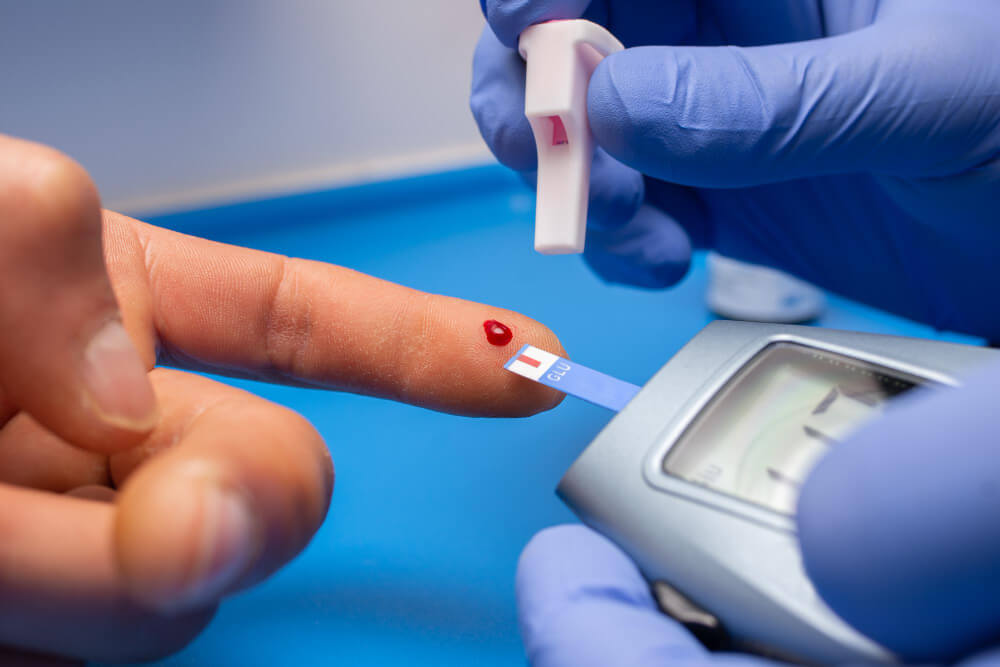Thriving with Type 1 Diabetes: A Guide to Daily Management and Living Well
Type 1 diabetes (T1D) is an autoimmune condition where the body’s immune system attacks the insulin-producing beta cells in the pancreas. This results in a lifelong deficiency of insulin, a hormone crucial for regulating blood sugar (glucose) levels. While there’s no cure for T1D, effective management strategies can empower you to live a full and active life. This article dives deep into understanding T1D, provides essential tools for daily management, and explores ways to build a healthy and fulfilling life despite the diagnosis.
Understanding Type 1 Diabetes
- What Happens in T1D: In a healthy body, the pancreas releases insulin in response to rising blood sugar levels after a meal. Insulin acts like a key, unlocking the doors of cells and allowing glucose to enter for energy production. With T1D, the lack of insulin production leads to high blood sugar levels (hyperglycemia), which can cause a variety of symptoms.
- Symptoms and Diagnosis: Common symptoms of T1D include frequent urination, increased thirst and hunger, unexplained weight loss, fatigue, blurry vision, and slow-healing wounds. If you experience these symptoms, seeking immediate medical attention is crucial. Diagnosis typically involves blood tests to measure fasting blood sugar levels and HbA1c, a test that indicates average blood sugar control over a three-month period.
Living with T1D: Daily Management Strategies
- Blood Sugar Monitoring: A vital tool for managing T1D, blood sugar monitoring allows you to track glucose levels throughout the day. This information guides insulin dosing decisions, dietary choices, and activity adjustments. Several blood sugar monitoring devices are available, including finger prick meters and continuous glucose monitoring (CGM) systems.
- Insulin Therapy: Since your body doesn’t produce enough insulin, you’ll need to replace it with injections or an insulin pump. There are various types of insulin available, each with a different onset and duration of action. Your healthcare professional will work with you to determine the best type and dosage regimen for your individual needs.
- Diet and Exercise: Maintaining a healthy diet is crucial for optimal blood sugar control. Focus on whole, unprocessed foods like fruits, vegetables, and whole grains. Limit sugary drinks, refined carbohydrates, and unhealthy fats. Regular exercise helps your body utilize insulin more effectively and improves overall health. Aim for at least 30 minutes of moderate-intensity exercise most days of the week.
Building a Support System
- Healthcare Team: A strong healthcare team plays a vital role in your T1D management journey. Your team may include an endocrinologist (a diabetes specialist), a registered dietitian, and a certified diabetes educator. These professionals provide guidance on managing blood sugar levels, adjusting insulin regimens, and navigating dietary and lifestyle changes.
- Family and Friends: Having a supportive network of family and friends can make a significant difference. Educate them about T1D and the challenges you face. Their understanding and encouragement will be invaluable.
- Support Groups and Online Communities: Connecting with others living with T1D can be incredibly beneficial. Support groups provide a safe space to share experiences, learn from each other, and find emotional support. Online communities offer a platform to connect with others facing similar challenges and access valuable resources.
Thriving with Type 1 Diabetes: A Journey of Empowerment
- Setting Realistic Goals: Setting achievable goals, both short-term and long-term, can motivate you on your management journey. Start with small, achievable goals and gradually build on your success.
- Overcoming Challenges and Emotional Wellbeing: Living with T1D can sometimes feel overwhelming. It’s normal to experience frustration, anger, or even depression. Don’t hesitate to seek emotional support – talking to a therapist or counselor can be immensely helpful. Remember, you’re not alone, and there are resources available to help you navigate the emotional aspects of T1D.
- Living a Fulfilling Life: A diagnosis of T1D doesn’t define you. With proper management and a positive attitude, you can achieve anything you set your mind to. Participate in activities you enjoy, travel the world, and pursue your dreams.


